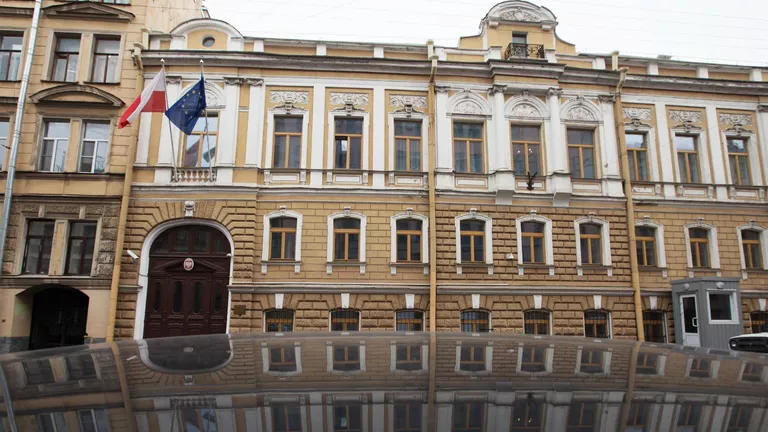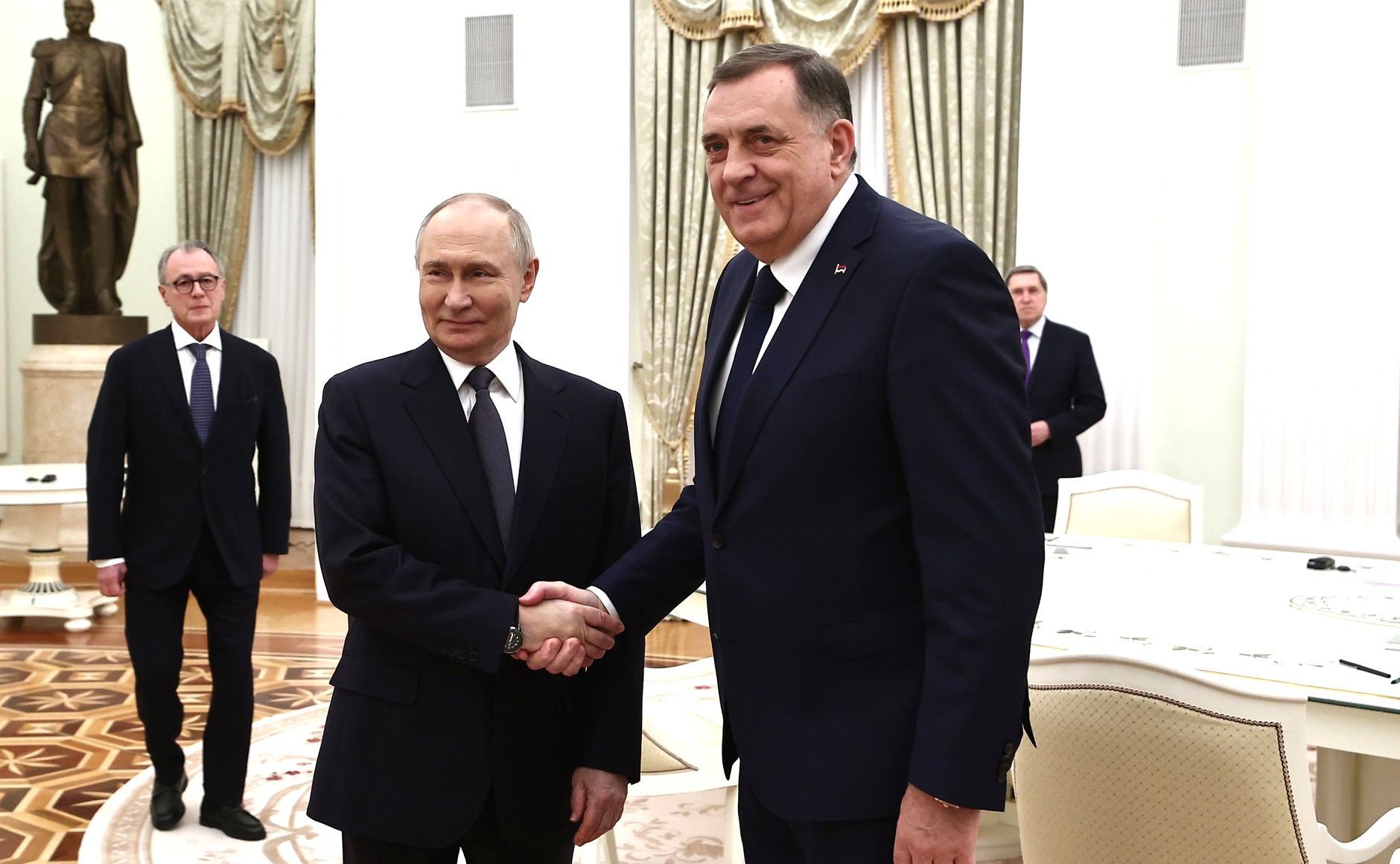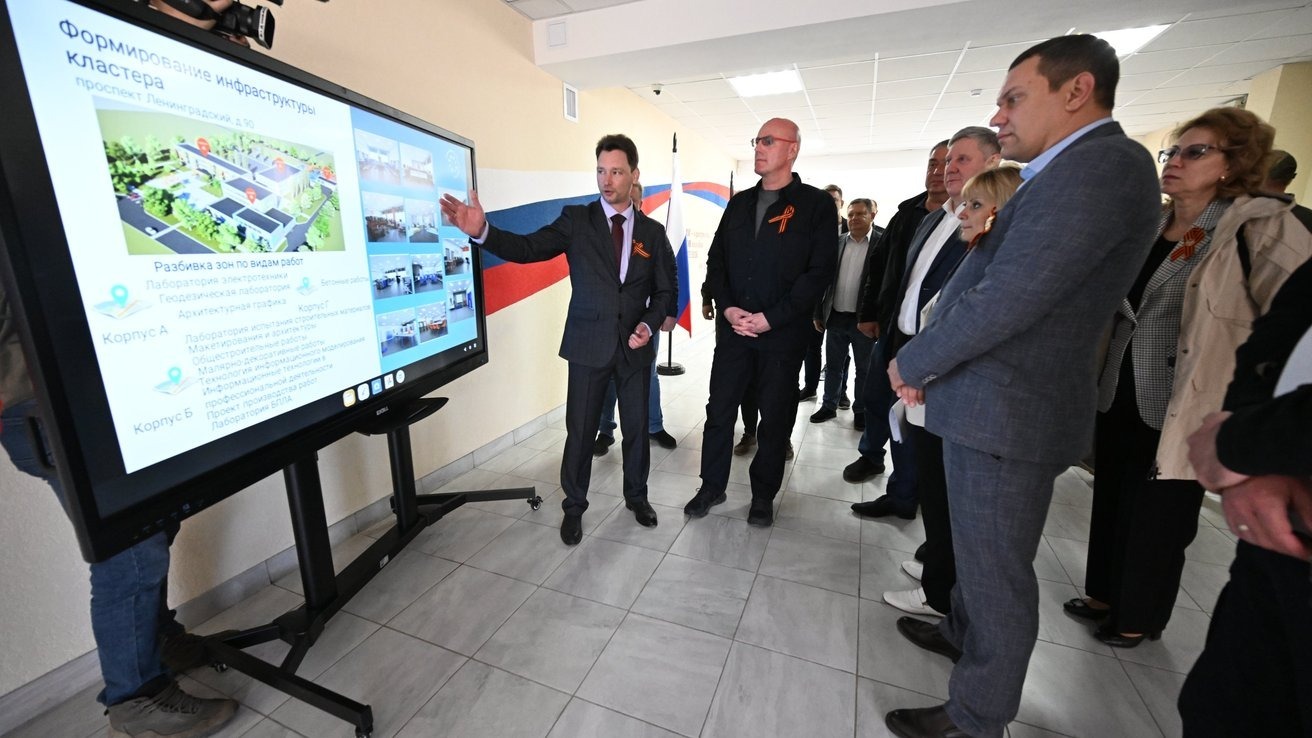
Kremlin Increases Anti-Poland Propaganda
Kremlin Increases Anti-Poland Propaganda
Executive Summary:
- Russia is intensifying its hybrid warfare against Poland through cyberattacks, sabotage, and disinformation, while portraying Polish defensive actions as provocations to fuel domestic narratives and justify ongoing hostility.
- Kremlin propaganda is beginning to shift focus from Ukraine to Poland as an adversary, anticipating a future ceasefire in Ukraine and seeking to preserve internal fear of an external enemy through militaristic rhetoric.
- Poland’s alignment with Western defense initiatives is increasingly framed by Moscow as aggressive and conspiratorial, with propaganda narratives suggesting Warsaw is becoming the West’s frontline proxy in a broader anti-Russian campaign.
Poland has long been the object of Russian hybrid warfare, including cyberattacks, sabotage, and subversion, carried out with the use of local criminal elements (see EDM, May 8, 29). In propaganda within Russia, however, this confrontation has not received much attention until recently. If a ceasefire is reached with Ukraine, the situation may change. The Kremlin will need to find a new way to maintain the necessary level of fear of an external enemy among the Russian people. This foundation has been the cornerstone of Russian President Vladimir Putin’s regime since 2022. Warsaw may well play the role of this enemy.
The task of Russian propagandists is made easier by how Poland reacts to the Kremlin’s hybrid aggression. Each reaction could be presented as a “manifestation of Russophobia.” On May 12, for example, Russian Presidential Press Secretary Dmitriy Peskov declared that “Poland has chosen hostility toward Russia” following the closure of the Russian consulate in Krakow in response to Russian sabotage operations in Poland (RG.ru, May 12; see EDM, May 29). Last October, in response to Russian subversion, a U.S. missile defense base was opened in Poland (Deutsche Welle–Russian Service, November 13, 2024). Moscow considered this a provocation leading to “raising the general level of nuclear danger” (Ukrainska Pravda, November 21, 2024). Poland responded by placing the base on high alert (VoA–Russian Service, November 21, 2024).
The deterioration of Russo-Polish relations was evident even before the full-scale invasion of Ukraine, but it peaked in 2023. Since the end of 2022, Kremlin propaganda has regularly published articles replete with conspiracy theories about “why Poland hates Russia” (5-tv.ru, December 19, 2022). In Autumn 2023, former President and now Deputy Chairman of the Russian Security Council, Dmitry Medvedev, referred to Poland as “a hysterical, rude, arrogant, and ambitious enemy” (Rline.tv, November 5, 2023). Still earlier, Senator Andrey Klimov of the Russian Duma threatened Poland with a “catastrophic scenario” should it “attack Belarus” (Lenta, August 10, 2023). Putin himself warned Poland and Latvia about “attempts to escalate the Ukrainian conflict” in 2023, promising to retaliate “with every resource at our disposal,” including nuclear (URA.news, July 21, 2023).
For now, this rhetoric remains only threats, but the first narratives of how Poland “is being prepared for war with Russia” have already entered Russian propaganda (News.ru, April 10, 2023). In 2024, this topic died down in the Russian information space, but now it is returning at a new, more “conceptual” and detailed level. Since May 2024, the idea of a confrontation with Warsaw has received more attention, not only from propagandists but also from officials and think tanks. Poland had previously been proclaimed as a “U.S. satellite.” Now, when Europe has been declared Russia’s main enemy, Warsaw has been called an anti-Russian instrument of Paris and London (see EDM, April 2; Valdai Discussion Club, May 15).
Aleksey Chikhachev, a writer for the Valdai Discussion Club, the analytical center closest to Putin, drew attention to the bilateral agreements concluded by France with Italy, Spain, and Poland. Poland is depicted as an “aggressive neighbor” with the help of which Paris allegedly hopes to create “additional difficulties” for Moscow. Notably, the article’s author speculates about the extent of the French “nuclear umbrella” and essentially equates Poland with Ukraine, labeling them as instruments of French President Emmanuel Macron’s “anti-Russian policy” (Valdai Discussion Club, May 15).
“Valdai” program director Timofey Bordachev openly writes that “the possibilities of using Ukraine are not limitless, and the end of the drama is already in sight.” This implies that Poland could potentially take Ukraine’s place. It is from there, he concludes, that Western countries will “attract human resources” to confront Moscow, unless Poland and Romania rebel against the EU “diktat” and “find their own way” (Vzglyad, May 19). Given how the Kremlin is accustomed to blaming others for its own plans, such a frank comparison of Poland with Ukraine appears alarming.
Another worrying sign is the increased attention paid by Russian propaganda to Warsaw’s military policy. Radical patriots are counting the number of missiles purchased by Poland and spreading conspiracy theories about a team from the United Kingdom, Germany, and France preparing to attack Russia using “anti-Russian proxies” (Tsargrad, May 21). Belarusians have also joined this campaign, claiming that Poland is “preparing provocations to disrupt the Russian-Belarusian exercises “Zapad-2025” scheduled for September (Banganet.com, May 22). Poland, in turn, is preparing to counter the growing threat from Russia, including through the organization of military training for volunteers. Polish Prime Minister Donald Tusk announced the training of 100,000 such volunteers (Uatv.ua, April 20).
Russia is not necessarily seriously preparing to attack Poland right now, especially taking into account that Moscow lacks sufficient soldiers even for serious offensive activities in Ukraine (Vechernyaya Moskva, January 21, 2024; see EDM, June 9). In the future, however, much will depend on whether hybrid and information warfare can replace the idea of “unifying society around the leader” in the Russian psyche, a function currently performed by the war in Ukraine. Experience shows that to hold on to power, Putin must periodically “increase the dose” of militaristic hysteria, and Poland could become a convenient target for this.


